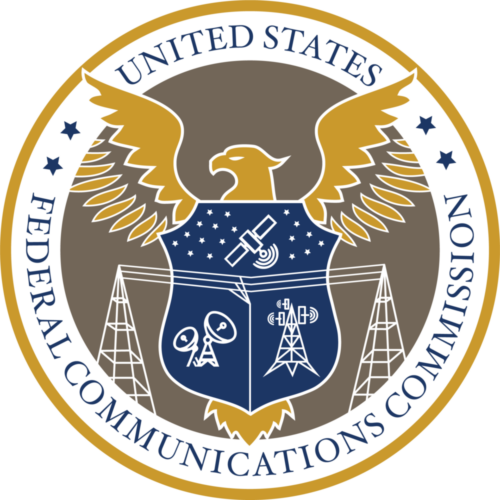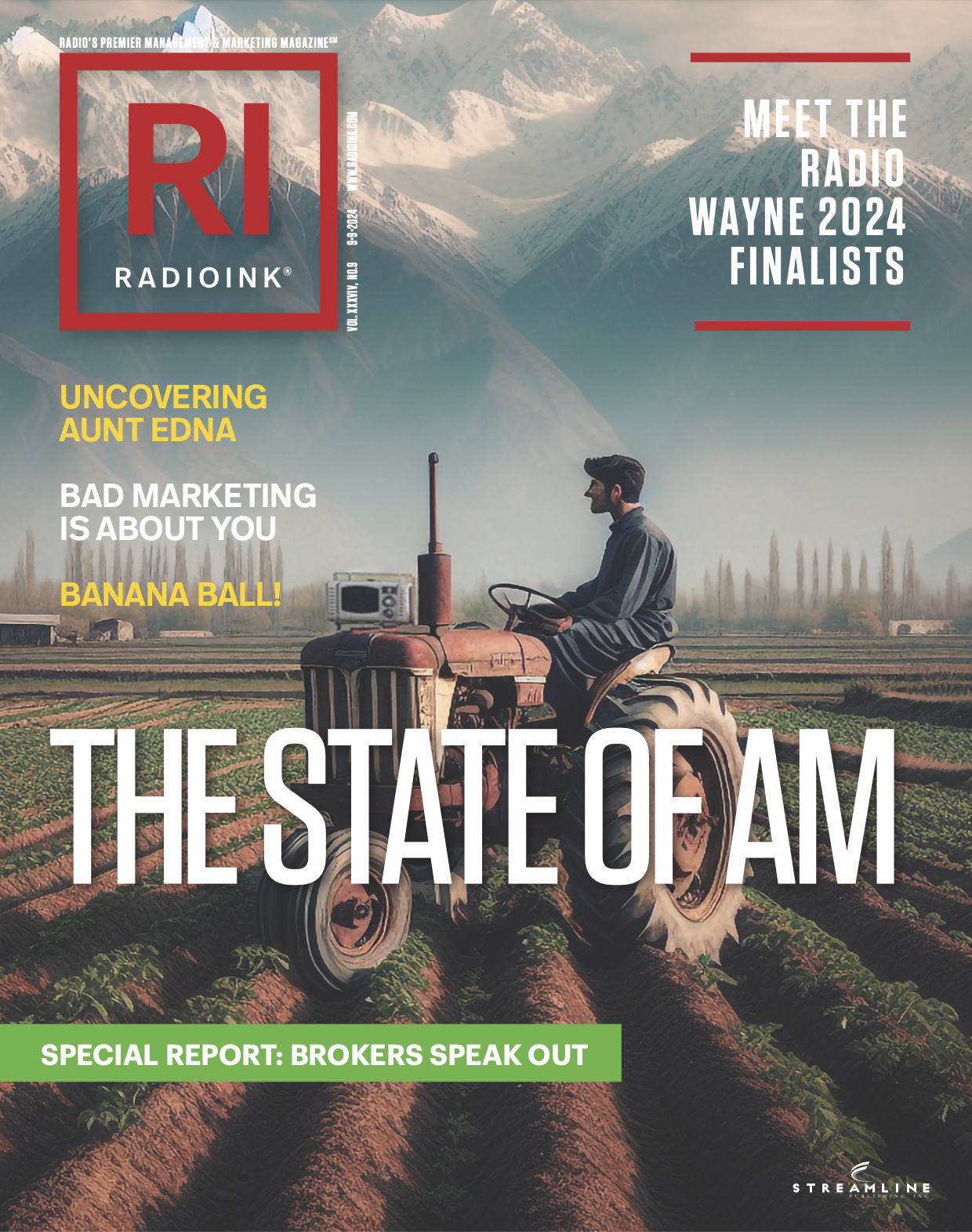
Major broadcast groups across the US are expressing their displeasure with the FCC’s proposed rules on AI-generated content in political ads, warning of confusion for audiences and substantial operational burdens for traditional radio and television.
These major media companies argue that the proposed regulations could drive political advertisers to unregulated platforms, exacerbating the spread of deceptive content. Additionally, they contend that the FCC’s approach is legally flawed, lacking statutory authority and infringing on broadcasters’ First Amendment rights by mandating disclosures that would interfere with their programming.
Cox Media Group expressed concerns over the proposed rules’ potential to create confusion among audiences and impose significant operational burdens on broadcasters. The company operates 50 radio stations in ten markets, as well as 15 TV stations.
In its comments, CMG emphasized the role of its radio stations as a trusted platform for political advertising and noted that, to date, it has not received any takedown requests related to the use of deepfakes or deceptive AI in political ads. CMG argues that the FCC’s proposed definition of “AI-generated content” is excessively broad and the requirement for a standardized disclosure does not provide specific information about what part of an ad contains AI-generated content or how AI was used.
The broadcaster warns that the proposed rules might inadvertently push political advertisers to unregulated platforms to avoid the disclosure requirement. This migration could exacerbate the spread of deceptive AI-generated content on platforms where there are no disclosure mandates, ultimately undermining the FCC’s goal of transparency.
Nexstar Media joined CMG in expressing concerns that the proposed rules would impose heavy burdens on broadcasters while leaving online platforms, where most misinformation spreads, largely unaffected. Nexstar’s legal team highlighted several issues, contending that the proposed rules would create an inconsistent regulatory framework, placing broadcasters at a disadvantage. They urge the FCC to reconsider its approach and not adopt the proposed rules.
Nexstar owns heritage News/Talk WGN-AM in Chicago, IL.
Gray Local Media, which operates a lone FM signal in Illinois in addition to its widespread TV ownership, also argued that the proposed rules are overly broad and would create confusion rather than clarity. Gray also argues that the burden placed on broadcasters to implement the disclosures would be significant, leading to operational challenges and financial losses, especially if broadcasters have to allocate airtime for the required disclosures.
Finally, Gray raised concerns about the legality of the proposal, arguing that the FCC lacks the statutory authority to impose such rules and that the mandatory disclosure requirements would violate the First Amendment by compelling broadcasters to add government-mandated content to their speech.






